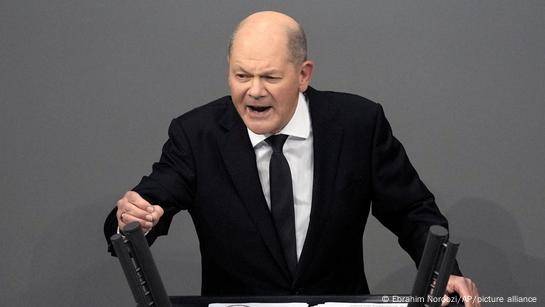Germany Faces New Elections as Chancellor Scholz Loses Confidence Vote
Germany is set to hold new elections after Chancellor Olaf Scholz lost a critical confidence vote in parliament, marking a significant political shake-up for Europe’s largest economy. The outcome signals growing dissatisfaction within the Bundestag and the broader public over Scholz’s leadership amid mounting domestic and international challenges.
The Confidence Vote
The confidence vote, triggered by internal divisions within Scholz’s coalition government, saw key members of his own alliance break ranks. Scholz’s Social Democratic Party (SPD), which leads the coalition alongside the Greens and Free Democrats (FDP), has struggled to maintain unity on pressing issues such as economic recovery, energy policy, and Germany’s role in supporting Ukraine.
The chancellor’s failure to secure a majority reflects growing frustration over his government’s handling of inflation, immigration, and climate targets, as well as concerns about his leadership style.
Political Fallout
Scholz’s loss of the vote effectively dissolves his government, paving the way for fresh elections. Political analysts predict a fierce contest ahead, with opposition parties like the conservative Christian Democratic Union (CDU) and the far-right Alternative for Germany (AfD) expected to capitalize on public discontent.
Friedrich Merz, leader of the CDU, welcomed the development, calling it an opportunity for “a new direction†in German politics. Meanwhile, the AfD, which has been gaining ground in recent state elections, has already positioned itself as the voice of those frustrated with the political establishment.
Challenges Ahead
Germany now faces a period of uncertainty as the nation prepares for snap elections. The political upheaval comes at a critical time for Europe, as Germany plays a pivotal role in EU policymaking, economic stability, and support for Ukraine amid Russia’s ongoing invasion.
Domestically, voters remain concerned about economic stagnation, high energy costs, and immigration policies. Scholz’s inability to address these issues effectively has left many Germans disillusioned, eroding the coalition’s popularity.
What’s Next?
As Germany heads toward new elections, all eyes will be on the political parties’ ability to present compelling solutions to the nation’s challenges. For Scholz and the SPD, the loss of confidence represents a significant blow, but it also offers an opportunity to regroup and reconnect with voters.
The outcome of the upcoming elections will not only shape Germany’s future but also have profound implications for European stability and leadership


